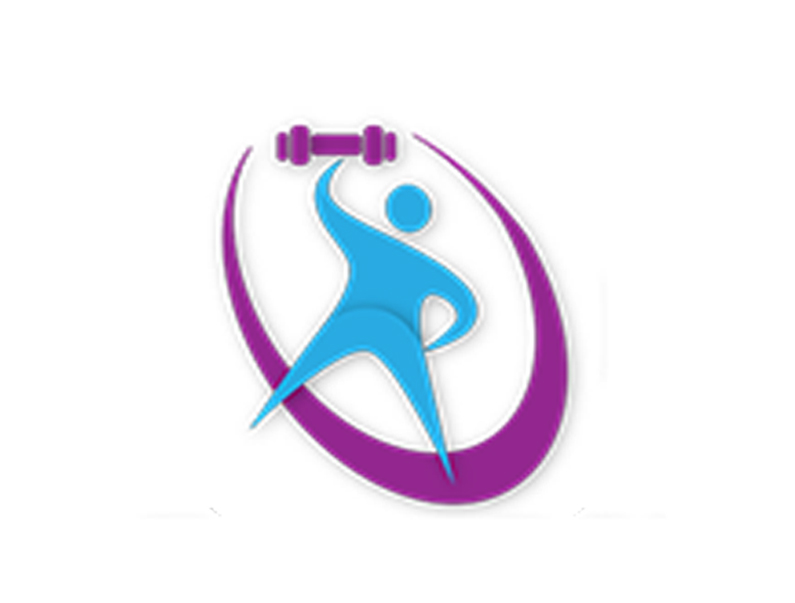Aspirin is a salicylate (derived from a plant) and is a nonsteroidal anti-inflammatory drug (NSAID). The earliest uses of this drug date back to the Greek physician Hippocrates in the 5th century B.C. He used a powder extracted from willow’s bark. It works by blocking a certain natural substance in your body to reduce pain and swelling. Today you can walk into almost any store and purchase this product. Almost anyone and everyone has used it, but when it comes to kids, it is important to consult your doctor before treating a child younger than 12 years. Aspirin is a home remedy or doctor prescribed treatment for so many different purposes. It’s that easy remedy we turn to first at the sight of pain or discomfort. Aspirin is the fixer upper solution to many conditions. The most common uses include trying to reduce a fever, making a headache go away, reducing pain and swelling, and to helping alleviate symptoms of a cold. Aspirin is also a blood thinner. Often a doctor will prescribe its use to help prevent blood clots. This is especially true prior to surgery, when a doctor might prescribe a low dose of aspirin to help ward off blood clots in the process. This can also help with the prevention of heart attacks, strokes, and help reduce chest pain. A doctor might recommend the daily use of aspirin as a preventative method.
It is used to aid muscle and tooth aches. When taking at your own will, always read and follow the directions. The dosage is dependent upon the condition, but it is important to not exceed amounts outside of the recommended directions within a 24-hour period. Everyone’s body responds differently to aspirin, but some of the less serious side effects include heartburn and an upset stomach. More serious side effects include kidney problems, vomiting, bruising, bleeding, ringing in the ears, dizziness, or feeling constantly tired. It is always important to consult a doctor at the first indication of any of these adverse effects. It is important to avoid aspirin if the person has a bleeding disorder, particularly stomach or intestinal bleeding. Aspirin poisoning is one of the common forms of accidental poisoning in children. Inappropriate dosages for children and elderly cause this poisoning too. The first signs of poisoning include ringing in the ears, rapid breathing, and dehydration.
Aspirin is a drug, and it is always important to address any medical attention that goes beyond the scope of self-care with a doctor. Aspirin seems to fix any symptom, but only temporarily. Listen to the body and when over the counter isn’t effective, a doctor should be advised. Pain is not meant to last, but don’t keep masking. Take aspirin as needed in the advised amount and it may just fix what needed a little attention.
